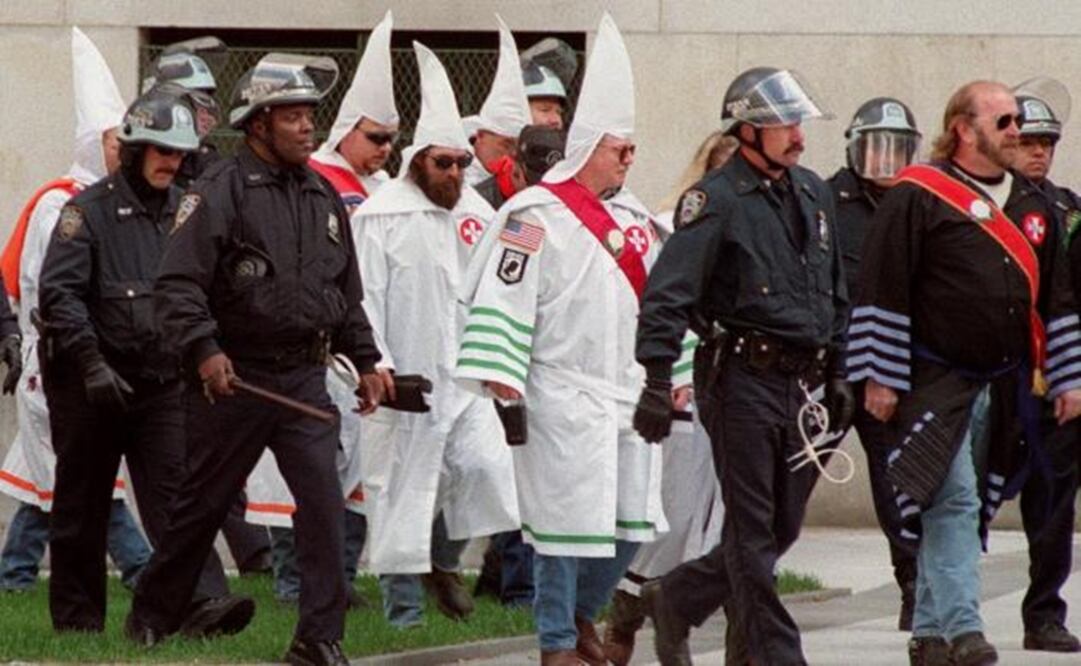Más Información

“¡No fue confusión, fue extorsión!"; mineros marchan en Zacatecas por compañeros asesinados en Sinaloa

¡Por fin! Suspenden contingencia ambiental este San Valentín; prevén mejor calidad del aire este 15 de febrero

Ofrecen cargo en el extranjero a Marx Arriaga, pero lo rechaza; se le planteó participar en otra área: Mario Delgado

Hijos de capos mexicanos estuvieron en escuela de élite de EU: Departamento de Tesoro; pagaron hasta 102 mil 235 dls por año
The United States is today – as it has always been since its foundation – a diverse and open society . Despite this fact, racism has, unfortunately, become an issue for the American people again. Perhaps it's a symptom of the times we're living in, when several of the values and foundations of Western societies are being strongly questioned.
Even if this is nothing new for the US, since Donald Trump entered the political stage of America, this phenomenon, heavily linked with xenophobia, and anti-immigration movements, has entered into the spotlight once more after the events of Charlottesville, Virginia , in which, one week ago, racist and neo-Nazi groups openly marched on the streets of this city, expressing the growing rejection towards cultural and ethnic diversity in the United States – represented by the people who these groups consider their enemies; the minorities , mainly the African-American and Latino communities, even though it is applicable to anyone different from them. Yet this issue is thrown once more into the public eye after the ambivalent statements of President Trump on this matter.
That today we still have supremacist groups such as the Ku Klux Klan – with their medieval and obscurantist regalia – marching shamelessly across cities in the United States, reclaiming an allegedly superior race, is a disquieting but unmistakable sign of a setback for equality, which has cost many lives to a nation which boasts being a bastion of human rights and freedom .
Seeing that in the last decades there's been considerable progress in the inclusion of new groups into American politics, culture, and economy, what threatens those who considered themselves privileged is not a mere casualty, but not less damnable that at the height of the 21st century, when the religious and ethnic diversity in the United States is greater than before, there is a resurgence of this racists groups.
What is new and indignant – and its impact on the social weave of the United States yet unknown – is that the very guest of the White House, the President of the United States of America , is supporting these supremacists through direct or veiled rhetoric.
Opposing social and political inclusion of people based on the color of their skin, their religion, or any other characteristic only unmasks those who defend these positions that, we have to keep in mind, have never stopped polarizing the American people . This is why it's so serious that Donald Trump, who understands, and at times legitimises, the fears of this sector of white extremists, doesn't openly condemn them in his quality of President of the United States.
am
Noticias según tus intereses
[Publicidad]
[Publicidad]









